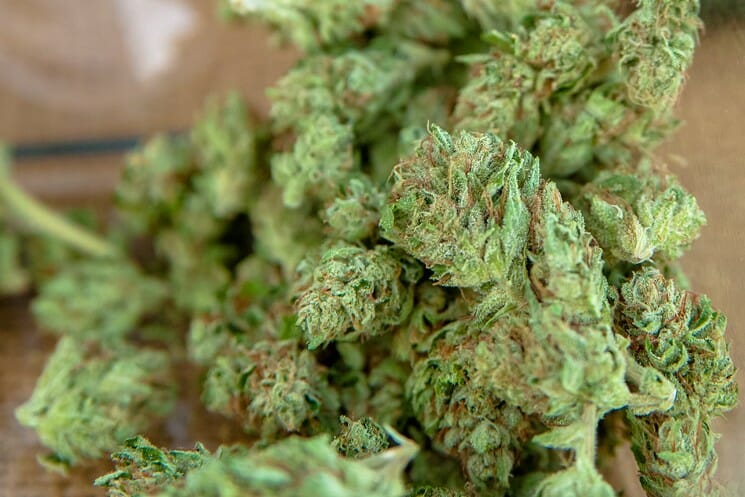Psychosis Weed, Psychosis is a severe mental health condition where individuals may experience a disconnection from reality, often manifesting in symptoms like hallucinations, delusions, and disorganized thinking. While psychosis can have several causes, one emerging concern is the link between cannabis use—commonly referred to as “weed”—and the development or exacerbation of psychotic symptoms.
What is Psychosis?
Psychosis is a broad term that refers to a mental state where a person struggles to distinguish between what is real and what is not. Symptoms can include auditory or visual hallucinations (seeing or hearing things that are not there), delusions (strongly held false beliefs), and impaired thinking or speech. Psychosis can be triggered by various factors, such as genetic predisposition, trauma, certain medical conditions, or substance use.
The Link Between Psychosis and Weed
Cannabis, commonly known as marijuana or weed, is one of the most widely used recreational drugs globally. The psychoactive properties of cannabis are primarily attributed to THC (tetrahydrocannabinol), which alters brain function, affecting mood, perception, and cognition. While most people use cannabis without developing severe mental health issues, there is a growing body of evidence suggesting that for some individuals, especially those with a predisposition to mental illness, weed can trigger or worsen psychosis.
How Weed May Trigger Psychosis
- Genetic Vulnerability: People with a family history of mental health disorders, particularly schizophrenia, may be more susceptible to the psychosis-inducing effects of cannabis. Studies have shown that the risk of developing psychotic disorders increases with early or frequent use of cannabis, especially for those with a genetic predisposition.
- High THC Content: Cannabis strains with higher THC levels have been linked to an increased risk of developing psychosis. Modern cannabis strains often contain much more THC than those available in the past, leading to a higher potential for triggering psychotic episodes in susceptible individuals.
- Heavy or Chronic Use: Regular, long-term use of cannabis is another significant risk factor. Chronic use can lead to changes in brain chemistry, particularly in areas related to memory, cognition, and emotion. These changes may make it easier for psychotic symptoms to develop or worsen.
- Age of First Use: Initiating cannabis use at an early age, particularly during adolescence when the brain is still developing, has been associated with a higher risk of mental health issues, including psychosis. The adolescent brain is more vulnerable to the neurochemical disruptions caused by THC.
Symptoms of Psychosis Triggered by Weed
When cannabis use is linked to psychosis, symptoms can include:
- Hallucinations: Individuals may hear or see things that are not present.
- Delusions: A person might develop false beliefs, such as thinking they are being persecuted or that they have special powers.
- Disorganized Thinking: Thoughts may become fragmented, and speech can become incoherent.
- Paranoia: A person may feel excessively suspicious or fearful without reason.
These symptoms can occur during or after using cannabis, often in cases of heavy use or when someone with an underlying mental health condition consumes weed.
The Role of Treatment and Prevention
For individuals who experience psychosis triggered by cannabis use, early intervention is crucial. Treatment typically involves a combination of antipsychotic medications and therapy to help manage symptoms. In some cases, individuals may need to cease cannabis use entirely, especially if they have a history of mental illness or are prone to developing psychotic disorders.
Conclusion
While cannabis may not directly cause psychosis in everyone who uses it, there is undeniable evidence that it can trigger or exacerbate psychotic episodes, particularly in vulnerable individuals. It is important to be aware of the risks, especially for those with a family history of mental illness or those who use high-THC cannabis frequently. If you or someone you know is experiencing symptoms of psychosis after using weed, seeking professional help is essential for proper diagnosis and treatment. Understanding the relationship between cannabis and psychosis is crucial in promoting mental health and preventing the harmful effects of substance misuse.
You Might Also Like These:



